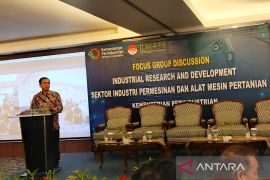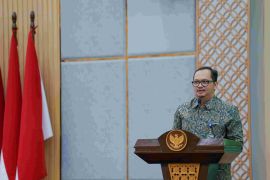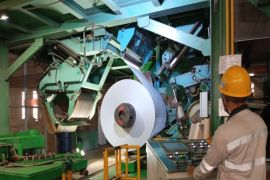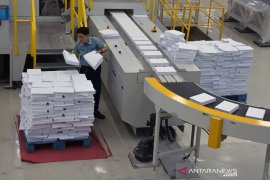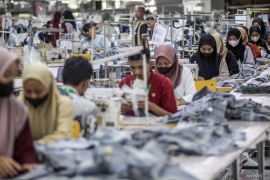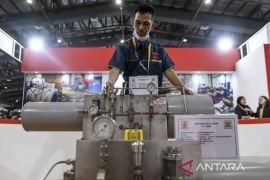"The survival of the sector is driven by two factors namely high domestic consumer demand and strong investment growth," World Bank Indonesia Chief Representative Stefan Koeberle said.Jakarta (ANTARA News) - Indonesia`s manufacturing industry will revive again after it languished due to an financial crisis in Asia in 1998, according to the World Bank.
"The survival of the sector is driven by two factors namely high domestic consumer demand and strong investment growth," World Bank Indonesia Chief Representative Stefan Koeberle said at the launch of a World Bank Report titled "Revitalizing Growth in the Indonesian Manufacturing Sector" here on Wednesday.
The report specifically mentions metal, food, chemical and automotive parts sectors that would be the drivers of growth in the manufacturing industry.
"The domestic demand seems not to be affected by the global crisis and continued to grow 6.4 percent in the first semester this year thanks to investment and consumption," Koberle said.
Regarding investment which has been the second factor behind the revival of the manufacturing sector the World Bank predicts hike in the labor wage in China would make textile, shoe and garment industries to relocate to Indonesia.
Indonesian automotive industry will also benefit as many Japanese automotive companies plan to expand their supplier network to Indonesia, it says.
"Foreign investors are now turning their attention to Indonesia because of the country`s big middle class potentials and relatively more competitive labor wage," Koberle said.
Foreign investment in the manufacturing sector in the second quarter of this year according to data from Indonesia`s Investment Coordinating Board (BKPM) reaches US$1.2 billion increasing 62 percent from the previous year.
"Indonesia has an opportunity to increase its global market share in the manufacturing sector, open more new jobs and mobilize structural transformation," Koberle said.
He however reminded the government of not only relying on domestic and international demand but it must cooperate with the private sector to overcome problems hindering the progress of manufacturing growth to become more competitive and sustainable in the region.
According to the World Bank report a number of macro-economic problems have reduced the competitiveness of the country`s manufacturing sector in the region since the 1998 Asian financial crisis.
The problems include rupiah appreciation, increasing labor wages, a shift in focus to trade of commodities and natural resource-based sectors, international competition (especially from China) and tightened profit margin.
The problems have been compounded by micro-problems faced by companies such as high cost of transportation and logistics, difficult access to bank loans and lack of transparency and legal certainty.
"Those problems have posed difficulties to new comers wishing to build businesses and old players to conduct expansion and achieve economies of scale," Koberle said.(*)
Editor: Heru Purwanto
Copyright © ANTARA 2012

